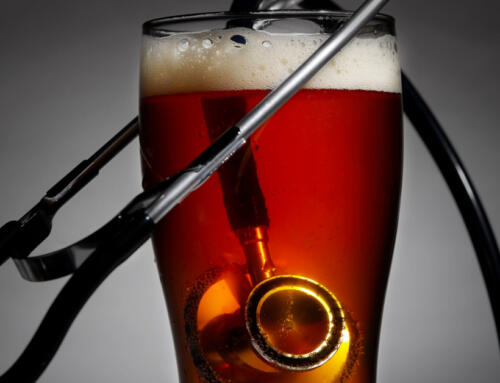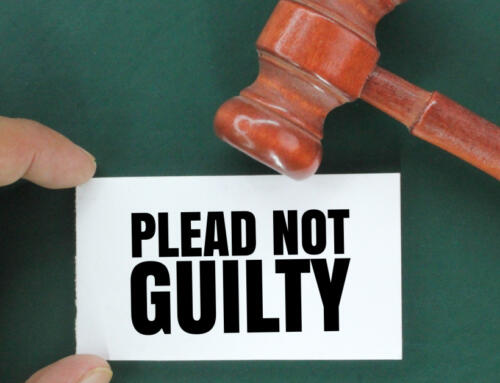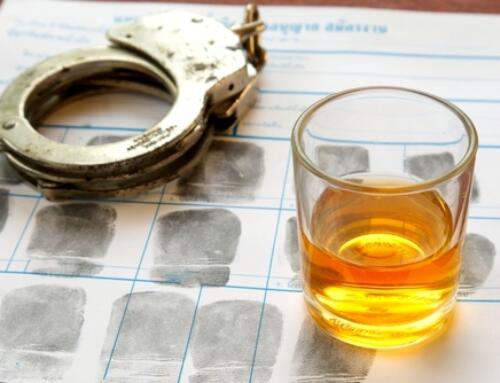When arrested on suspicion of DUI in Philadelphia, the police have certain legal duties and rights to ensure the safety of the public while still providing the suspect with the proper treatment and defending his rights. One issue that has come up recently is that some laws required people arrested of DUI to also submit to a chemical test along with other testing. People who refused were given additional punishments and charges onto the charges that they already have. However, that has changed with the Supreme Court case of Birchfield v North Dakota.
4th Amendment Rights in a DUI Case
Danny Birchfield thought that his rights were being violated during his DUI stop in 2015. Danny had accidentally driven his car into a ditch on the side of the road. This was in Morton County, North Carolina. Police came to the conclusion that Birchfield was intoxicated when they came to help. In order to test the suspect’s sobriety, they administered both a field sobriety test and a breathalyzer. Birchfield failed both. When taken into the station, Birchfield refused a chemical test. Due to him refusing the chemical test, he was given extra charges. This refusal goes against state law, but Birchfield didn’t think that this was constitutional. He was already arrested for a DUI and failed the other tests, why were they testing for more? Birchfield claimed that the chemical test violated the 4th amendment. The 4th amendment protects citizens from “unlawful search and seizure.”
Blood Tests in DUI Cases, Without a Warrant, are Unconstitutional in Pennsylvania
Danny Birchfield fought the case all the way up to the Supreme Court. With a vote of 7 – 1, it was determined by the highest federal court that laws requiring people to adhere to a chemical test were unconstitutional (at least without a warrant). Breath tests are still deemed constitutional. The chemical test was deemed unconstitutional because of the level of physical intrusion and the availability of other options.
A total of 13 states made it illegal to refuse a chemical test. The punishments for refusal were just as bad as the consequences for a DUI.
If you find yourself stopped for a DUI, it’s important to know your rights. You may have to submit to a breath analysis to help the officer determine whether you are intoxicated or not. You do not have to submit to a chemical test. If you have already submitted to the test, there may be a couple of things that you can do. You may be able to beat this! You can argue that the initial stop was unlawful, the arrest was unlawful, you were not properly informed of the consequences of refusing a test, the equipment used to administer the tests were unreliable, or your seeming lack of cooperation was caused by an injury not related to the arresting incident. A DUI arrest can cause some real problems in your life. If you have the ability to protect yourself, do it. And after the incident get on the phone with your DUI lawyer right away to help protect yourself.






